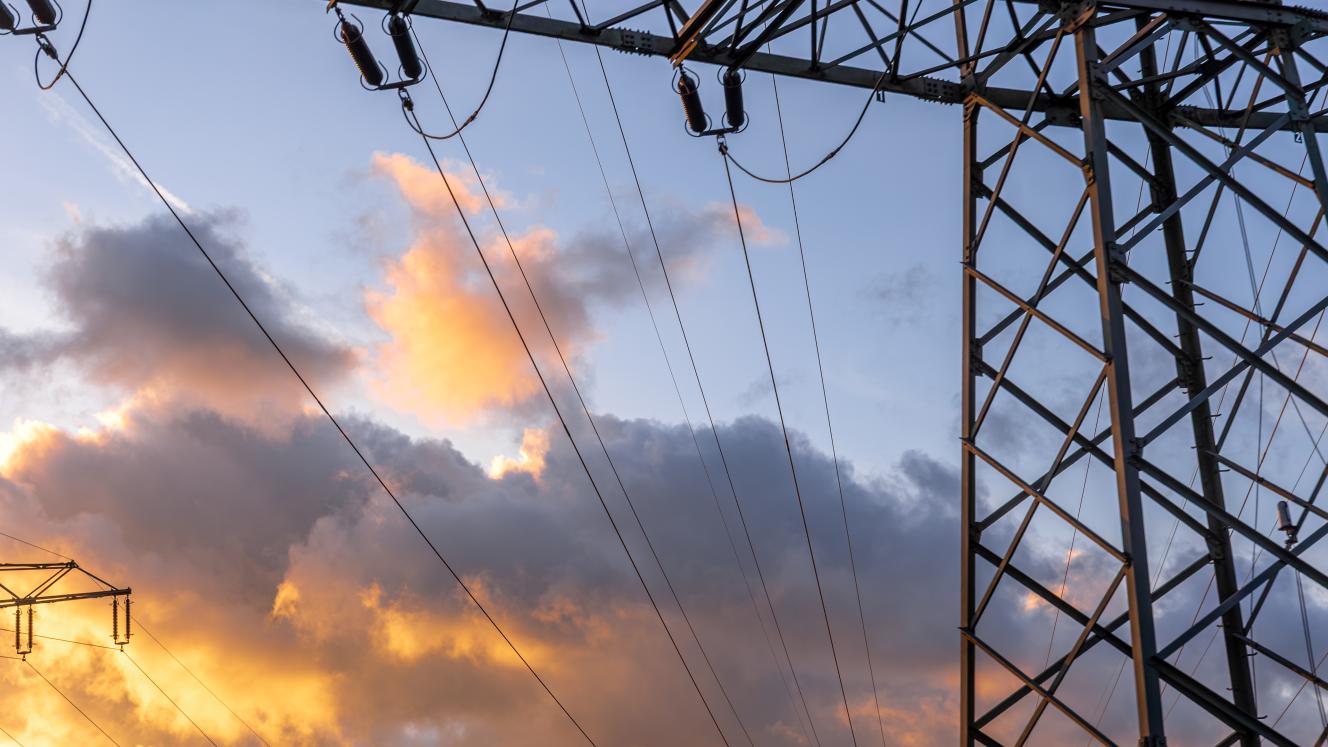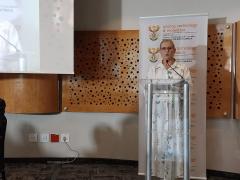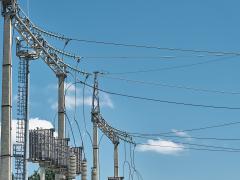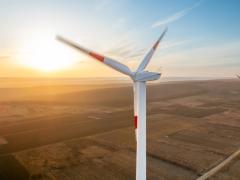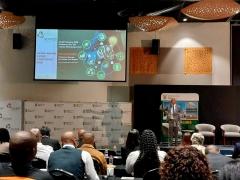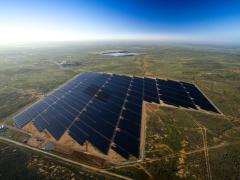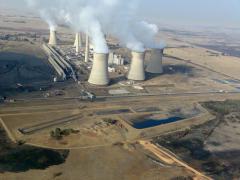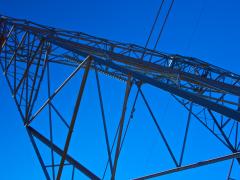South Africa’s Minister of Electricity and Energy, Kgosientsho Ramokgopa, has called for an African-defined energy transition, urging the continent to chart its own path to energy security, access and environmental sustainability.
“Africa must articulate its own transition that has African characteristics,” Ramokgopa said in his keynote address at Enlit Africa 2025 in Cape Town this week. He warned against approaching the energy trilemma – security, access and environmental sustainability – through a single lens, instead calling for a balanced and contextual response.
Nuclear agenda at the forefront
Coal and nuclear will be the backbone of South Africa’s electricity mix, Ramokgopa said. The country will continue leveraging its coal reserves by using international innovations that could reduce emissions such as Japan’s use of ammonia co-firing at the 1 000 MW Hekinan thermal power station.
He reiterated his announcement at the second G20 Energy Transitions Working Group Role of Nuclear in Clean Energy event earlier this month that South Africa will “reset its nuclear agenda” with plans to revive the dormant pebble bed modular reactor project.
Small modular reactors (SMRs) represent a “big revolution” offering rapid deployment, modular design, standardised components and reduced costs, he said. “Advancements in SMR technology present a major opportunity for our energy future,” Ramokgopa said.
Countries with near-zero carbon electricity systems typically rely on either hydro or nuclear power, he said. “Major powers have now confirmed that nuclear is clean. China and Russia are showing us exceptional results.”
Increasing energy access
In Africa, 600 million people still lack electricity, Ramokgopa stressed. He said affordability and availability must be addressed with solutions tailored to the continent’s conditions. He cited global disruptions – such as the Russia-Ukraine conflict – as a warning to Africa to build energy sovereignty using domestic resources.
He also called for urgent reform of capital flows, stating that Africa is rich in solar potential but underfunded due to risk perceptions and investor hesitancy. “Africa holds over 60% of the world’s solar resources yet we’ve installed only 1% of global solar capacity. This asymmetry must be corrected.” He urged greater private-sector involvement, noting that Africa’s energy transition must be inclusive, pragmatic and rooted in its own technological and resource strengths.

